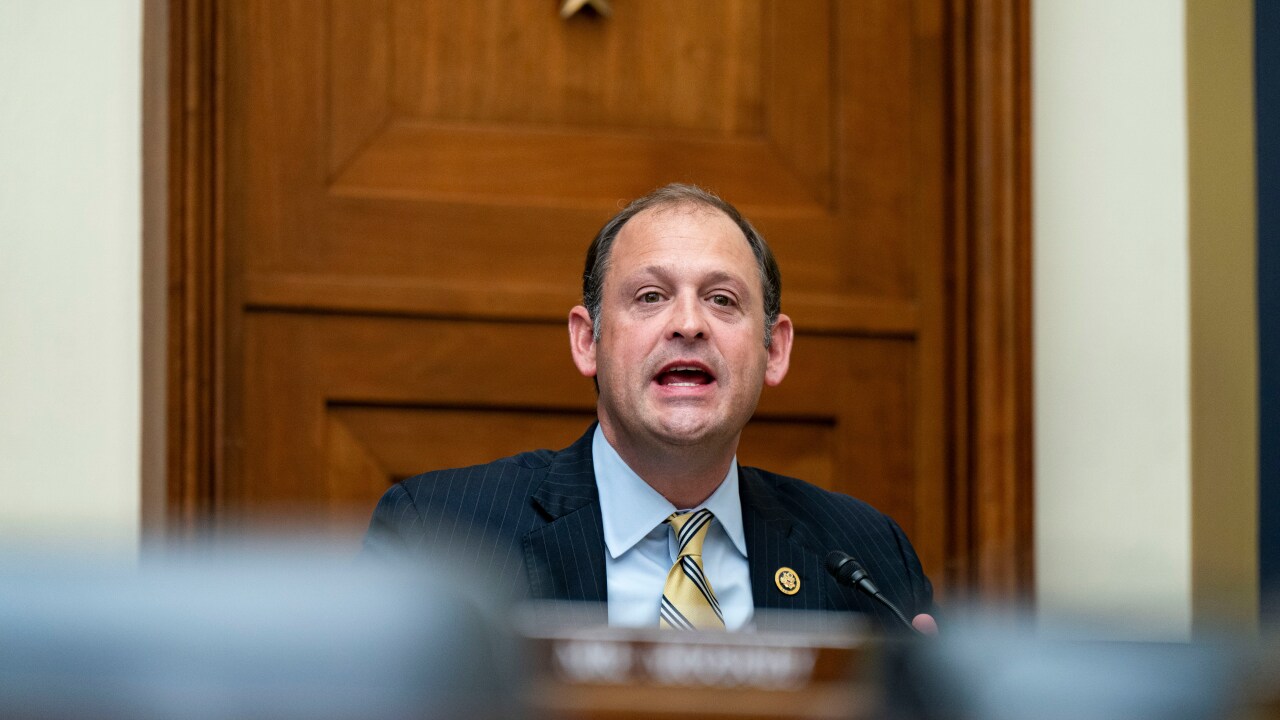
CHICAGO - Detroit Public Schools comes to market Thursday with $121 million of notes that feature a statutory lien on state aid may could be tested in light of the district's severe financial stress.
The district needs to issue the one-year notes, which will be sold through the Michigan Finance Authority, to cover its operating cash flow through next August.
DPS announced last spring that it did not have enough cash to pay off a 2014 note issue due in August that carried a 2.75% interest rate. In May, it borrowed $85 million in state-aid notes to cover the bulk of the $107 million note payment due in August, paying 4.85% on the notes.
This week's borrowing marks the fourth time the district has tapped its state aid - which is declining - to cover borrowings. The new notes feature a fourth lien on the district's state aid, and they are subordinate to state-aid debt with first, second and third liens on state aid issued in 2011, 2012 and 2015 and total $338 million.
They also may be subordinate to the district's late pension payments. Standard & Poor's rates the notes SP-3, its lowest short-term rating.
The deal comes with the long-troubled district, which the state has run since 2005, expected to undergo a major restructuring.
Gov. Rick Snyder is expected this fall to unveil legislation to divide the district into two entities, with an 'old company' taking over all its state-aid backed bonds and some additional debt, and a a new, less debt-laden district taking over education.
Investors say the credit's fundamental weaknesses and the uncertainty of the statutory lien could make this week's note deal a tough buy.
"For the first time, we are not considering it," said one buy-side source who asked to remain anonymous. "Lack of clarity on Snyder's good district/bad district DPS split proposal, and the POS outlining for the first time on these notes the likelihood that DPS teacher pension payments have a senior claim on state aid payments, is enough to keep us away."
The fourth lien on state aid is a statutory lien under state law. Like all DPS' state-aid debt, the notes also feature an intercept that requires the state treasurer to send all the state aid to a bond trustee to make debt payments before sending the rest on to the district.
But bond documents warn that the district is behind on its contributions to the state's teacher retirement system, and that could trump note payments. That's because the State's Office of Employment Retirement Systems also has the right to ask the treasurer to intercept state aid to pay off the district's pension payments.
DPS owes $92 million in late pension payments. School officials have promised that they will begin making all payments starting in October. In return, the director of the ORS has promised that he won't ask the treasurer for an intercept.
The district only plans to begin making future contributions starting in October, and the $92 million bill is expected to grow to $165 million by next June with interest and late fees.
"If ORS were to request an intercept of the district's state aid … there is no Michigan statutory or constitutional provision which would require the subordination of the right of ORS … to the right of the [Michigan Finance] Authority to intercept state aid for the repayment of the notes," bond documents say. There is also no certainty that the statutory lien on the state aid would remain solid in the event of a bankruptcy.
"If the district were to become a debtor under Chapter 9 … such action could have significant adverse consequences affecting holders of the notes which are impossible to predict accurately," but could include delayed principal and interest payments, a modified maturity date or principal and interest terms or the security, the documents say.
"This is not for the novice," said Ron D'Vari, CEO of NewOak Capital, an independent financial advisory and consulting firm.
"There is a declining financial situation there; a drop in enrollment and rising deficits," D'Vari said, noting that the district's net deficit rose to $763 million in fiscal 2014 from $686 million in fiscal 2013. "Investors really need to study the mechanics of the structure and the timing on how you're going to get paid," he said. "If you roll the dice on this one, I would definitely say make sure you perform your analysis."
Snyder offered an outline last April of his proposed restructuring. The old district would take over at least $483 million of the district's existing debt, including all its state-aid supported debt, repaying the obligations the with an existing 18-mill non-homestead property tax millage that expires in 2022.
The new district would collect all state aid to fund its operations. Both entities would be overseen by their own school boards and subject to a financial review commission.
DPS plans to issue another $80 million in June 2016 to fund the district's operating expenses for the rest of fiscal 2016 and into 2017. Any new debt would be subordinate to the fourth state aid lien.
JP Morgan and Loop Capital Markets are the underwriters. Public Financial Management Inc. is financial advisor and Miller, Canfield Paddock and Stone PLC is the district's bond counsel.
Standard & Poor's on Sept. 8 downgraded the 2011 and 2012 state-aid backed bonds one notch to A and A-minus respectively amid falling enrollment. Enrollment at DPS fell an average of 12.5% from fiscal 2007 to 2012, then dropped 23% in fiscal 2013, after the state created a new educational authority to take over failing schools. Enrollment fell 5.5% in fiscal 2014 and was down 2.8% in fiscal 2015, for a total of 47,160 students.





